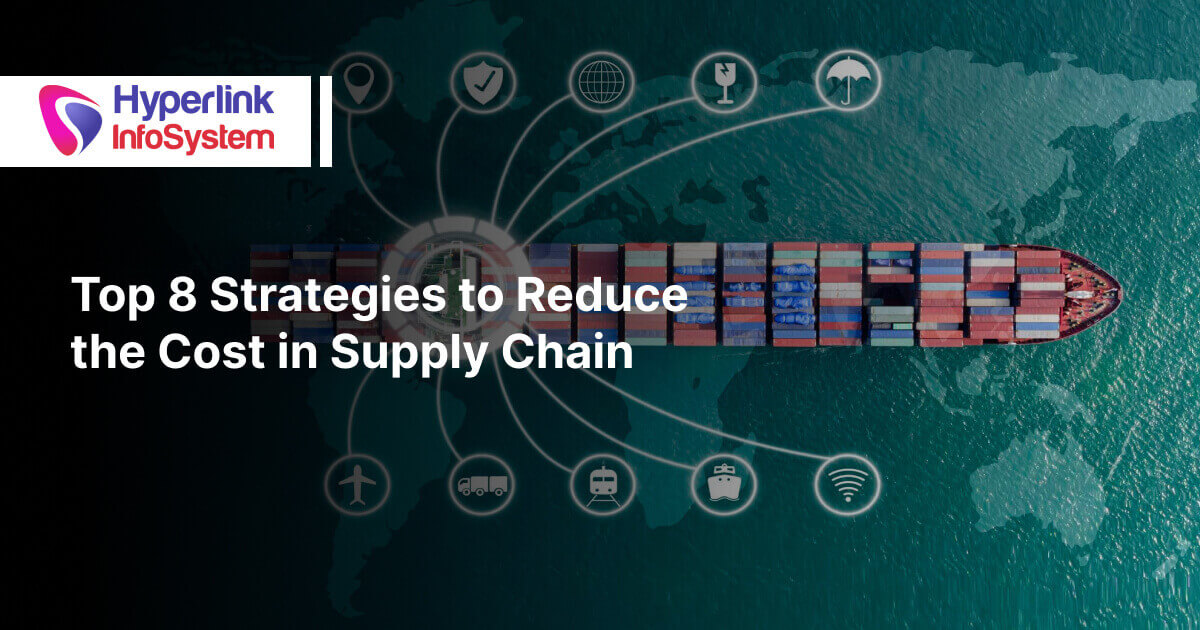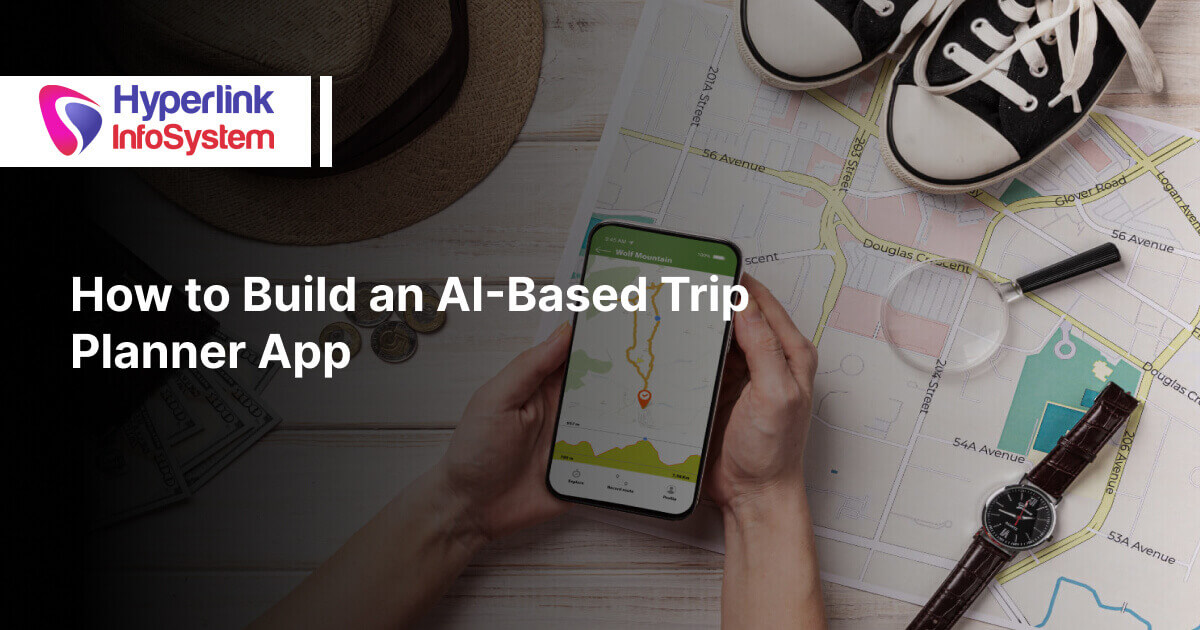Hyperlink InfoSystem can assist you with the development of native mobile app that make use of augmented reality technology, geolocation, a camera, GPS or the accelerometers that each device has. We are a top mobile app development agency in Panama, Costa Rica and Columbia.
Today, data traffic on the Internet is largely determined by mobile devices. The number of developers creating an app also continues to grow. Overall, the market for mobile apps is growing significantly. Not only is the absolute number of apps in the Apple Play Store and App Store increasing, but also the revenue generated with them.
In 2021 in particular, more people are using their smartphones because they can shop conveniently from home or simply communicate with relatives and friends. This is one of the reasons why record sums were spent on app purchases in the first quarter.
Companies can significantly increase their sales through the clever use of mobile applications. However, it doesn't always have to be apps for customers. Employees also increase their productivity when they automate work processes with a mobile application. But not everyone uses the potential, also because the costs of creating the app are not known. Due to modern technologies, there are many ways to reduce the costs. There are more than 22.3 million software developers worldwide.
Hyperlink InfoSystem is a leading mobile app development agency in Panama, Costa Rica and Columbia. Our dedicated development team will work full-time on your project or participate according to your schedule requirements. Our team consists of experts from the areas of project management, front-end and back-end development as well as UI and UX development.
When companies build an app, the cost varies a lot. The question of how much it costs to create an app depends on the scope, operating system and type of development. The prices are between $10,000 and $500,000. In addition, ongoing maintenance and updates lead to additional monthly expenses. Basically, the costs depend on:
- The project complexity
- The platform (Android, iOS, Windows)
- The range of functions
- The type of app (native, hybrid, web app, game app)
- The user interface, UI / UX design
- The infrastructure
If companies want to create a company app, it must meet certain security requirements. In addition, modern technologies should be used. These aspects increase the price, because the functions have to be extensively tested.
What It Cost To Create An Excellent App
The more functions there are, the longer the development time and the higher the costs for the programmer. If different platforms are also to be served, parts of the application must be programmed twice. Extensive functions, a good security concept and elaborate UI lead to prices of around $150,000.
When developers create a native app, many elements of the operating system can be used. The user interface can be designed in an appealing way and the app can be operated intuitively. At the same time, this type of programming is complex and the price rises.
That is why there are different answers when it comes to the question “How much does it cost to create an app.
The Right Type of Mobile App To Develop
The question of how much does it cost to create an app depends largely on the type of mobile application. When companies create a native app, there are many advantages in terms of performance. Above all, apps that process a lot of data at the same time benefit from the APIs provided. This gives developers direct access to the smartphone's resources. It is important that the price depends heavily on how many platforms are to be supported. Developers have to create their own application for each operating system because the environment is different. In addition, the effort for updates and customer support increases. With this model, significantly more end devices have to be supported and tested. If customers want to create their own app for iOS or only for Android, then this approach is well suited.
If companies want to create an app for many different devices that even works on a tablet or desktop PC, then hybrid or web apps are the answer the ideal way. These applications work with any browser or through a small framework that is made available in every app store. The actual processing takes place on the provider's server. The advantages lie in the simple provision for every user. At the same time, the costs for maintenance and updates can be kept low, since only one development code is created. However, the resources of the end devices cannot be used optimally. Compute-intensive apps should not be designed as web apps. In addition, the UI does not adapt seamlessly to the underlying operating system, the user experience could suffer due to the “foreign” design.
Very simple apps are usually only used in the private sector and contain almost no functions. Mostly only information can be displayed with it. These can be measured values ??or data from the smart home. Such apps are inexpensive to program, but can hardly be found in the popular app stores.
 +1 309 791 4105
+1 309 791 4105















































 +91 8000 161161
+91 8000 161161
